Peter Viertel, 86, Author and Screenwriter, Is Dead
By Douglas Martin Nov. 6, 2007
Peter Viertel, a noted author and screenwriter who plumbed his relationships with the aristocracy of Hollywood — starting with Greta Garbo, his mother’s best friend — and literary lions like Hemingway to produce provocative works of fiction and memoir, died on Sunday in Marbella, Spain. He was 86.
The cause was lymphoma, said Adam Shaw, a friend.
The author of at least 9 novels and 11 feature films, Mr. Viertel deftly used his movie work to fuel and enhance his literary output, and vice versa. He turned his experience as on-scene script doctor for the movie “The African Queen” (1951) into grist for a novel about the making of a very similar movie in Africa, “White Hunter, Black Heart” (1953). The novel, in turn, became a 1990 Clint Eastwood movie of the same name, for which Mr. Viertel helped write the screenplay.
Pauline Kael wrote in Salon in 1999 that “White Hunter” was “still the best Hollywood novel I’ve ever come across — and it isn’t even set in Hollywood.”
Mr. Viertel was preceded in death last month by his wife, the actress Deborah Kerr. He is survived by his daughter, Christine Viertel of Austin, Tex., and his brother, Thomas, of Los Angeles.
Mr. Viertel may have name-dropped, but his friends had names worth dropping. His 1992 book “Dangerous Friends: At Large With Huston and Hemingway in the Fifties,” tells of Bogart and Bacall, Tracy and Hepburn, Cagney, Sinatra, Monroe, Orson Welles and many others.
But he did it with grace, often making himself the butt of the joke, as when he told of taking a pratfall down the steps of Hemingway’s house in front of a party of guests. Many reviewers noted that his abstinence from alcohol provided an unusual perspective in his jet-set crowd.
Mr. Viertel’s popularity with older luminaries came partly from his well-reviewed literary output, but his personality helped. Scott Donaldson wrote in The Washington Post in 1992, “Most of the nights between 1948 and 1960 he slept in hotel rooms or in the homes of others, a kind of champion house guest invited for his charm and his talent as a storyteller.”
The author Irwin Shaw, Adam’s father, was a best friend, while Ernest Hemingway was something of a touchstone. When Hemingway wrote a book about one of Spain’s leading matadors, Mr. Viertel wrote one, called “Love Lies Bleeding,” about the matador’s rival. He wrote screenplays for two movies made from Hemingway novels, “The Sun Also Rises” (1957) and “The Old Man and the Sea” (1958).
Hemingway once offered to write a novel with him to make enough money to free Mr. Viertel from having to demean himself — in Hemingway’s view — by writing screenplays. (Mr. Viertel declined.)
Peter Viertel was born in Dresden, Germany, on Nov. 16, 1920. Six years later, he moved to Hollywood, where his father, Berthold, worked as a film director and screenwriter. Christopher Isherwood’s fictional first-person account of filmmaking, “Prater Violet” (1945), grew out of the time Mr. Isherwood, as a screenwriter, worked with Mr. Viertel, as the director, on the film “Little Friend” (1934).
Peter Viertel’s mother, the former Salka Steuermann, was screenwriter for many of Garbo’s movies and was known for her Sunday afternoon salon in Santa Monica, at which Garbo and Charlie Chaplin rubbed elbows with Bertolt Brecht and Thomas Mann.
Mr. Viertel attended Dartmouth College and the University of California, Los Angeles. At 19, he wrote his first novel, “The Canyon” (1940), which The New York Times called “a first novel of unusual quality.”
In World War II, he served as a Marine in the Pacific and with the Office of Strategic Services in Europe. He quickly put his military experiences to literary use by selling a screenplay on the siege of Bataan to Metro-Goldwyn-Mayer. He earned a Silver Star and three battle stars.
Critics often suggested that Mr. Viertel’s capacity for noting detail made his writing shine. A real life example came when Hemingway committed suicide in the summer of 1961, but initial reports said he had had a hunting accident. Mr. Viertel wrote in “Dangerous Friends” that he knew a hunting accident was impossible because the partridge season would not begin until September.
In the same book, Mr. Viertel told how he nervously approached John Huston to discuss the barely disguised description of him in the filming of “The African Queen” for “White Hunter.” He had portrayed the fictionalized director as obsessed with hunting elephants at the expense of the movie, not to mention common sense.
Not only did Mr. Huston not object, he offered to sign a release without even reading the unpublished book. After reading it, Mr. Huston proposed an ending that made the director appear even crueler than in Mr. Viertel’s original ending. Mr. Viertel used it.
His first wife was the former Virginia Ray Schulberg, former wife of the writer Budd Schulberg. Mr. Viertel wrote that he abandoned her when she was pregnant for Bettina, a famous French model of the 50s. After Bettina dropped Mr. Viertel for Aly Khan, Mr. Huston offered consolation, saying, “Aly Khan is one swell guy.”
Mr. Viertel wrote that Mr. Huston’s wife was later romantically involved with the same Mr. Khan. Mr. Viertel could not resist.
“John, you’re not going to like what I’m about to say,” he said, “but Aly is one swell guy.”
ADVERTISEMENT
BY
Looking for more information?
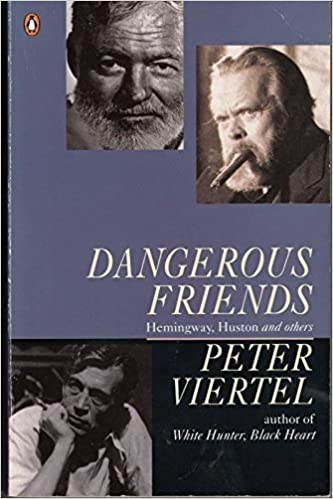
 Amanda S. Stevenson
Amanda S. Stevenson 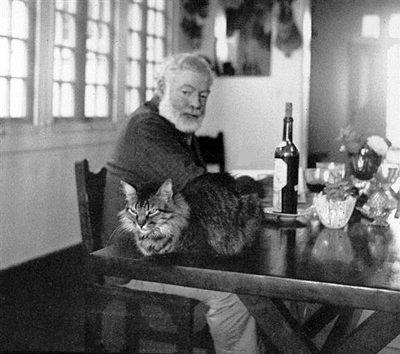
 Amanda S. Stevenson
Amanda S. Stevenson 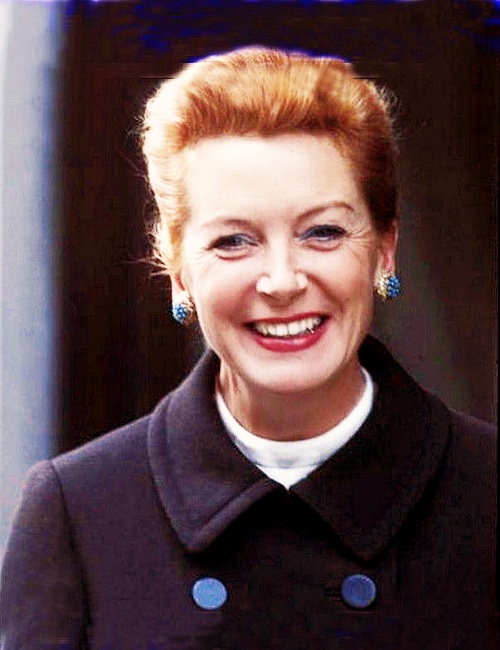
 Amanda S. Stevenson
Amanda S. Stevenson 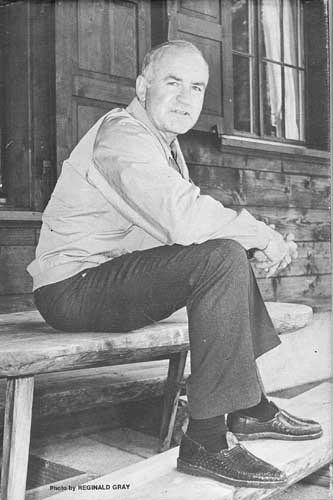
 Amanda S. Stevenson
Amanda S. Stevenson 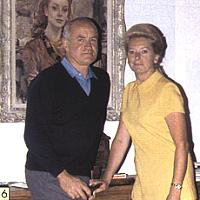
 Amanda S. Stevenson
Amanda S. Stevenson 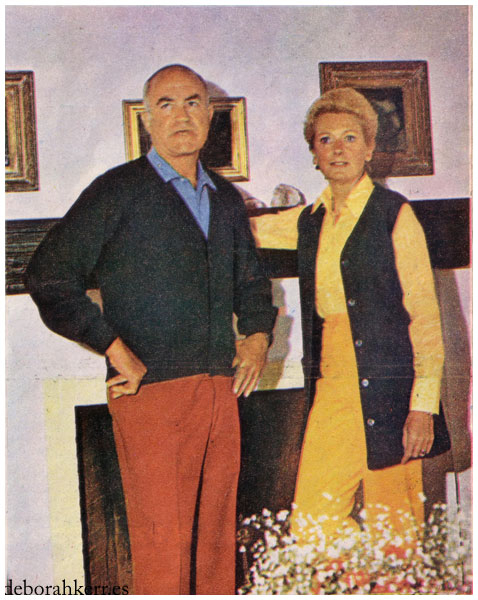
 Amanda S. Stevenson
Amanda S. Stevenson 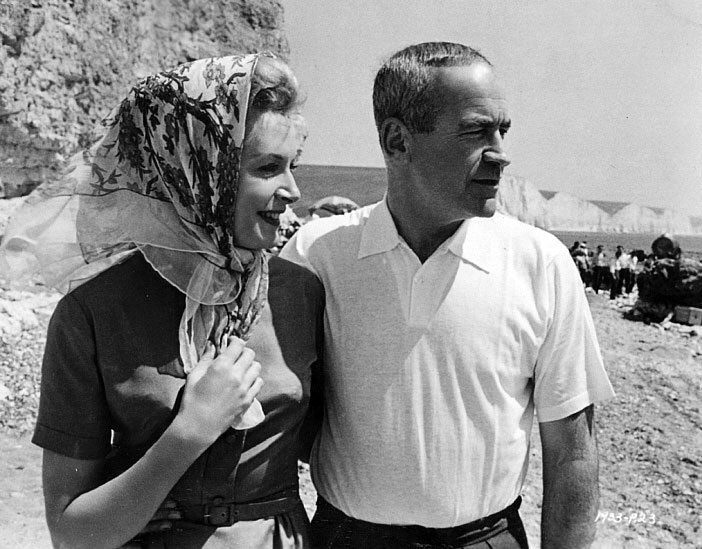
 Amanda S. Stevenson
Amanda S. Stevenson 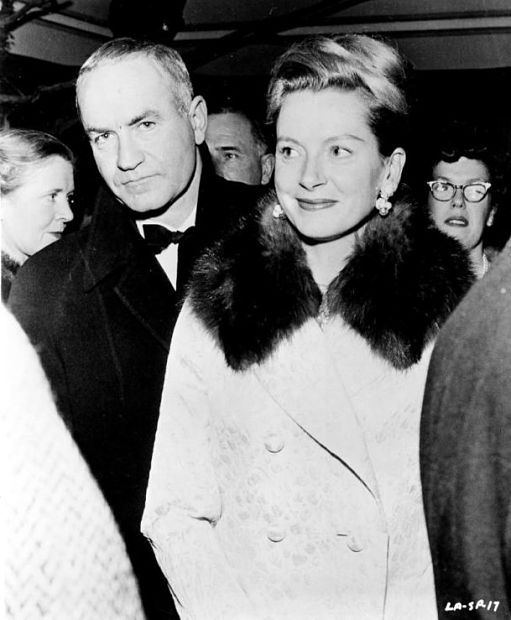
 Amanda S. Stevenson
Amanda S. Stevenson 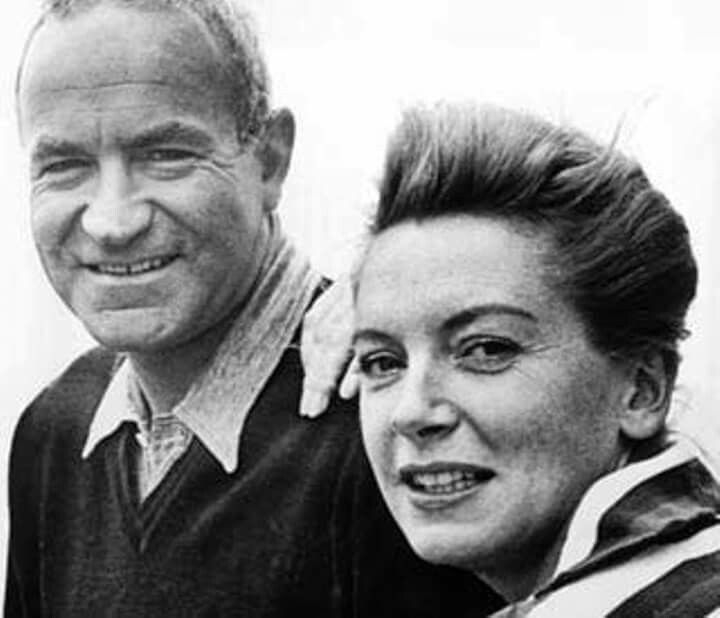
 Amanda S. Stevenson
Amanda S. Stevenson 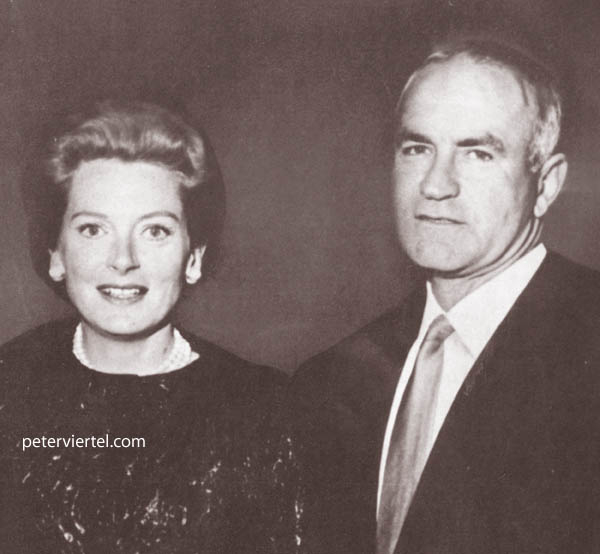
 Amanda S. Stevenson
Amanda S. Stevenson 